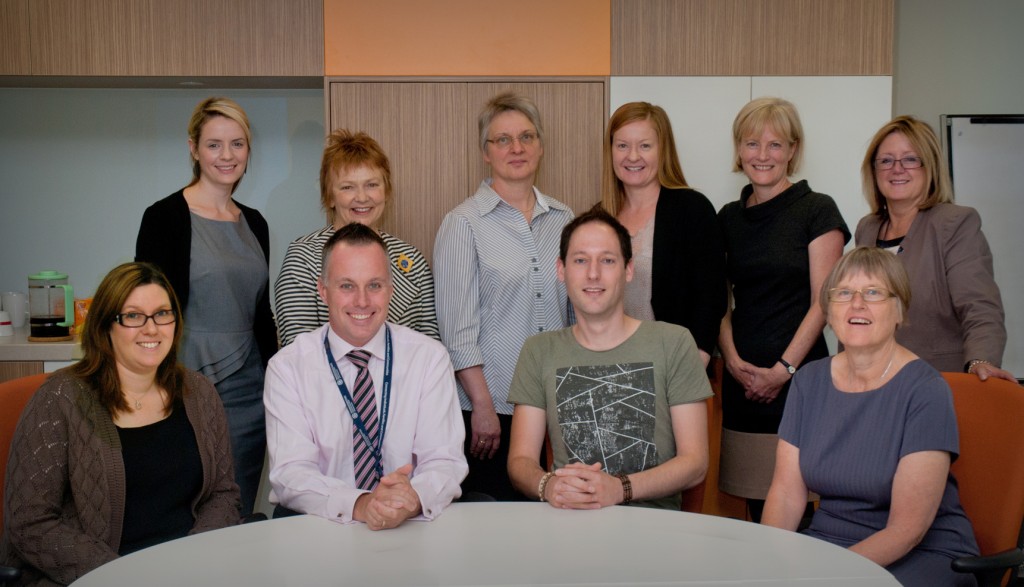In their time in care most children and young people will change their placement at least a few times and some will change many times. While case records keep track of how many changes, far less is known about how the moves affect the young people and what can be done to ameliorate the loss and disruption. What do young people themselves say about moving?
The Guardian for Children and Young People will be finding some answers in the Children Moving While in Care Inquiry. The Inquiry will ask children and young people for their views, examine case files for evidence of how the decisions to move were made, and seek out the best wisdom and practice in managing placement change.
‘It is important that we understand what the current thinking is about children moving in care, and how the theory is reflected in practice,’ said Guardian Pam Simmons, prior to a meeting of the Inquiry reference group early in February.

Colleen Fitzpatrick, project manager for the Inquiry, noted many changes since she was involved with foster care in the 90s.
‘I have been able to revisit classic writers such as Vera Fahlberg and June Thoburn, as well as to gain an appreciation of the enormous contribution that Paul Delfabbro and his colleagues have made through their research to the worldwide knowledge of foster care.
‘The impacts on young people do not change. Every move involves some loss. Contacts with birth family members including siblings can be compromised. Community connections such as friends and social and sporting activities are also at risk.
‘New factors like the use of commercial rotating carers have not been addressed in the literature and it would be of interest to see whether time with rotating carers is affecting the number of subsequent placements that children have,’ she said.
Colleen speculated on what the Inquiry might find about therapeutic foster care and its effect on placement stability for children and young people and also noted the even greater emphasis now being placed in the literature on listening to and involving young people at every stage.
Children are very clear about what works for them and what they need from fostering. David Berridge says that children in foster care need normality, family care, respect for their origins, greater attention paid to their views and, especially in times of change, some influence over plans and decisions being made about them.
The voice of children is being heard in forming policy and procedure as well.
‘The London Borough of Lambeth has a Children in Care Council which reports to their Corporate Parenting Board. I recommend their staying put policy and their website to those interested in positively engaging with children and young people in care and enabling them to have a say in the way that the care system works.’
The Inquiry is asking three questions.
- What is the impact of placement moves on children and young people?
- In decisions to move, what consideration is given to the voice of children and young people?
- When moves are necessary, what helps make a successful move for children and young people?
The 172 strong network of Charter of Rights Champions will be invited to contribute to the Inquiry via a survey and, in March, their comments will be the basis of two weeks of open discussion and comment about issues of placement change on this website .
To follow our inquiry into children moving while in care, follow our Twitter feed.
